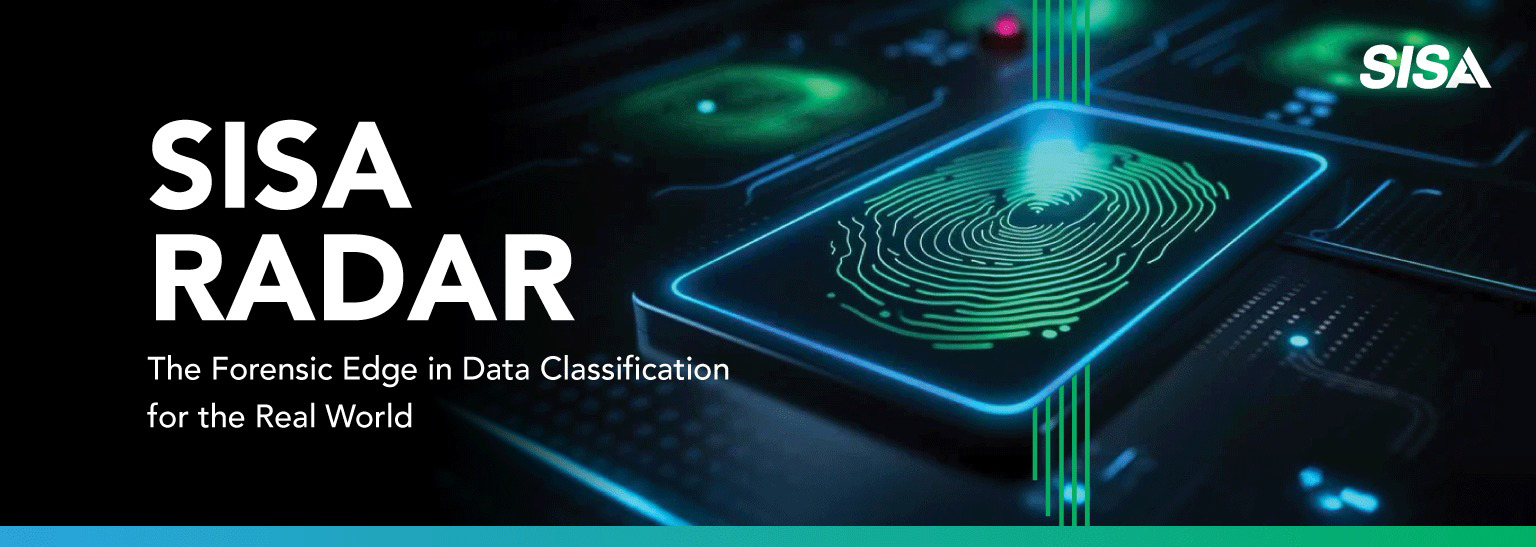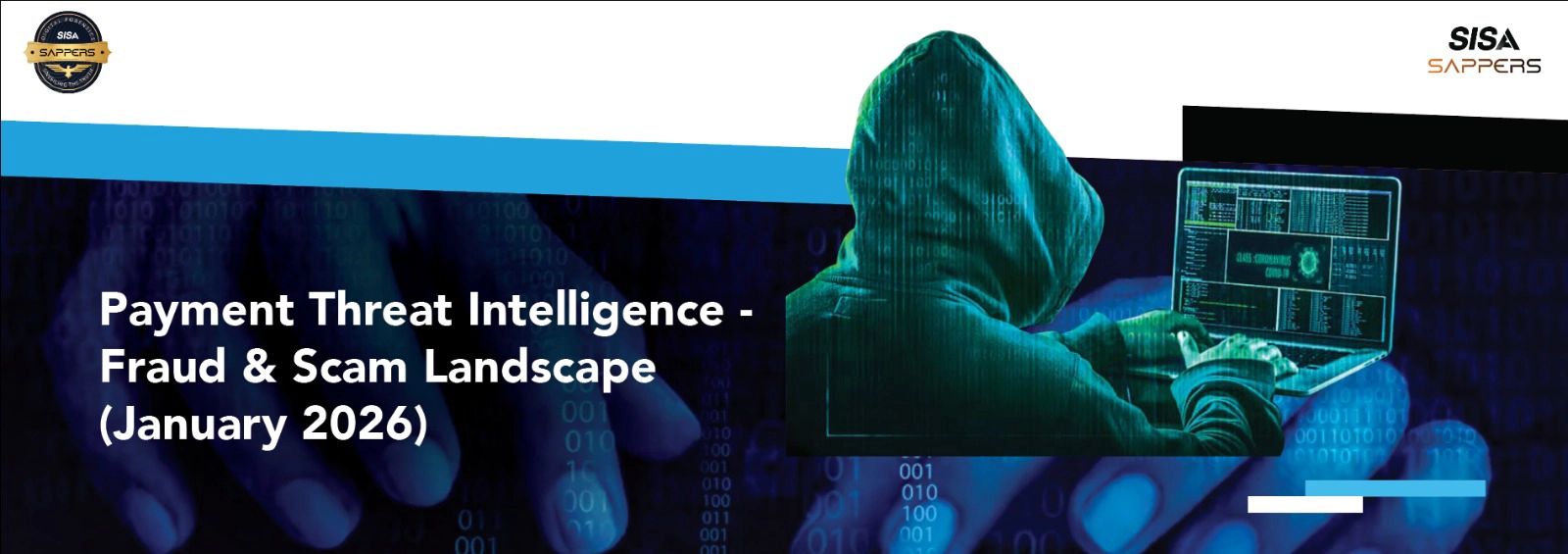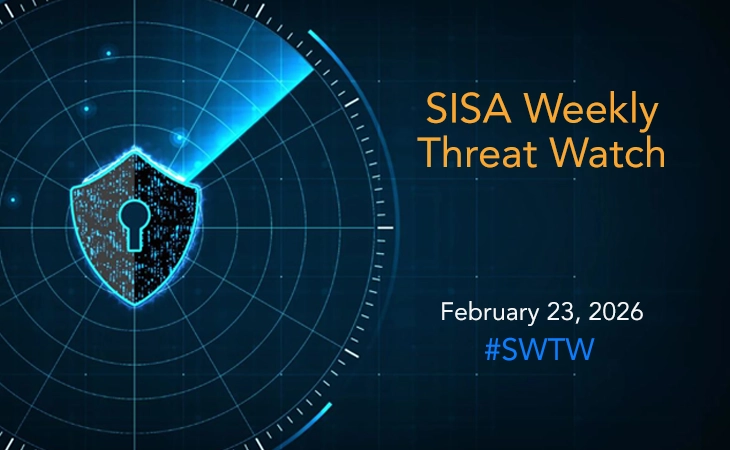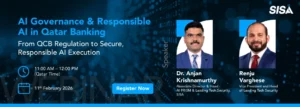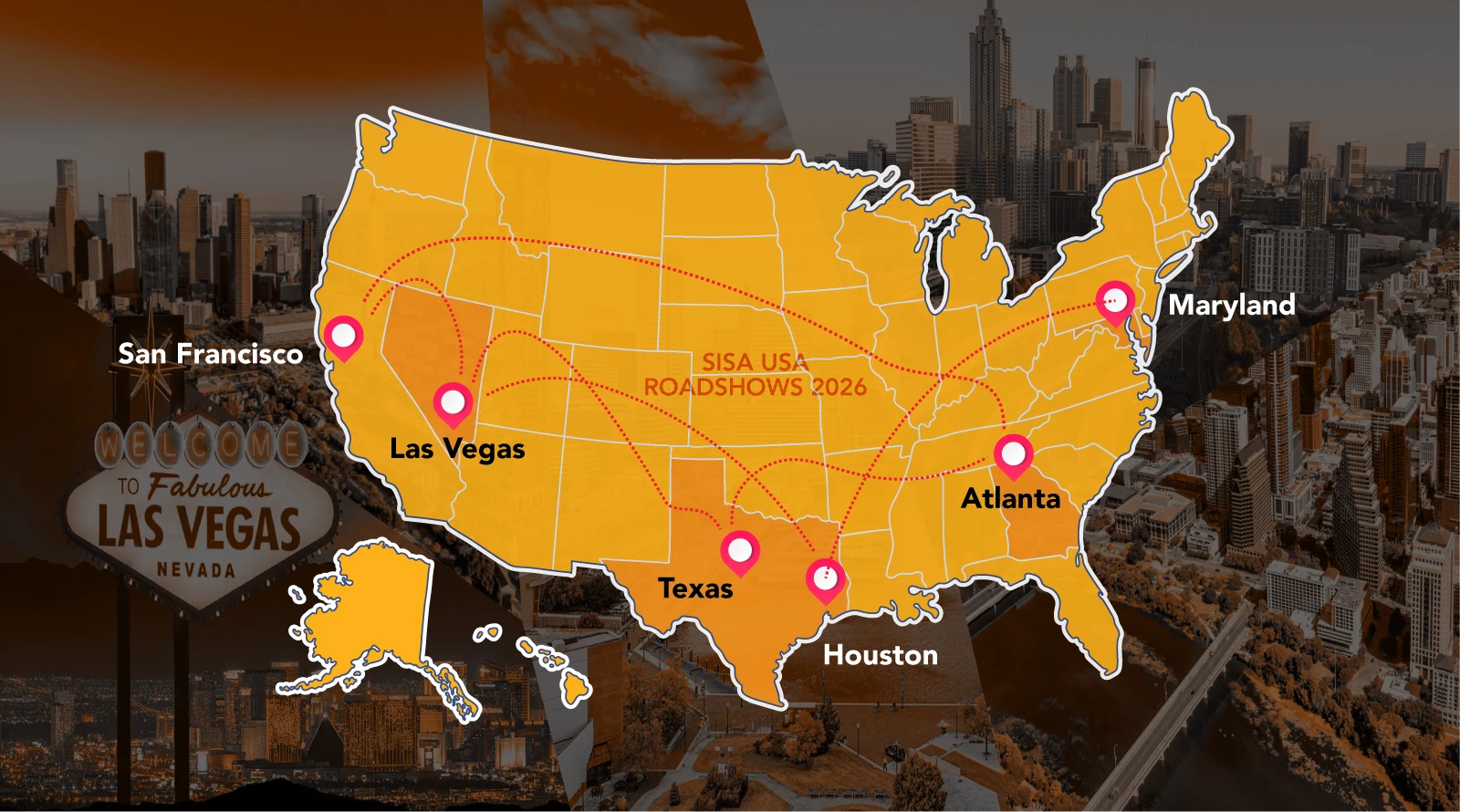Home » The Strategic Role of Consent Managers in Data Governance Frameworks
The Strategic Role of Consent Managers in Data Governance Frameworks
Share on

As India ushers in a new era of data protection with the Digital Personal Data Protection Act, 2023 (DPDPA) and its accompanying Draft DPDP Rules, 2025, Consent Managers are now a legal necessity. But beyond just regulatory compliance, these entities are set to play a pivotal role in reshaping how individuals control their personal data and how organizations manage consent at scale.
The idea of a Consent Manager dates back to the Srikrishna Committee Report of 2017, which envisioned a trusted intermediary that would help individuals manage their privacy preferences across digital platforms. Today, that vision is becoming operational reality, and it’s more relevant than ever in India’s hyper-digital environment.
Why is a Consent Manager Necessary?
In a world where data is currency, consent is its key. Consent Managers emerged from the need to bridge the growing gap between how personal data is collected and how transparently it is managed. Until now, most users had little control over what data they were sharing, with whom, and for how long.
In India, this challenge is magnified by sheer scale. With more than 850 million internet users and digital transactions skyrocketing across sectors, the potential for unchecked data flow is immense. Citizens frequently interact with platforms in banking, health, education, and e-commerce, all of which require consent to collect and process personal information. That’s exactly why consent managers are the need of the hour, to:
- Give clear, informed consent to access a user’s data.
- See exactly how data is being used, and revoke permissions anytime
- Keep organizations accountable by maintaining secure logs and audit trails
They ensure that consent isn’t just a checkbox, it’s an ongoing process, embedded in a transparent and interoperable ecosystem.
Through the eyes of DPDPA – defining a consent manager
Under Section 2(g) of the DPDPA, a Consent Manager is defined as a person or entity registered with the Data Protection Board of India. Their role is to provide an accessible, transparent, and interoperable platform that allows individuals (Data Principals) to give, manage, review, and withdraw consent for how their data is processed.
Consent Managers act as an independent bridge between:
- Data Principals – Individuals whose data is being collected or shared
- Data Fiduciaries – Organizations that collect, store, or process personal data (e.g., banks, e-commerce platforms)
They’re there to ensure data gets requested with purpose, processed with permission, and used with limits.
What It Takes to Become a Consent Manager
To qualify for registration, a Consent Manager must:
- Be an Indian-incorporated company
- Maintain a minimum net worth of ₹2 crore
- Demonstrate technical, operational, and financial capability
- Employ personnel with integrity and fairness
- Avoid conflicts of interest with Data Fiduciaries
- Operate in the interest of Data Principals, ensuring privacy and transparency
Rules of the Job, the responsibilities of managing consent:
Once registered, a Consent Manager must:
- Provide services via a digitally accessible platform (web/app)
- Publish transparent information about ownership, key personnel, and policies
- Implement reasonable security safeguards like TLS 1.3 and AES-256 encryption
- Maintain secure, verifiable audit logs of consent transactions and platform access
- Ensure any shared personal data is secured using encryption or equivalent safeguards during transmission
- Refrain from subcontracting consent services or transferring company control without Board approval
- Obtain independent certification for interoperability standards
- Retain consent records for a minimum of seven years (or more if required)
- Offer user-friendly support for withdrawing consent or filing complaints
- Are encouraged to conduct regular vulnerability assessments and penetration tests
Sector Models That Set the Precedent
India has already piloted similar models in:
Financial Sector: The Reserve Bank of India’s Account Aggregator Framework allows users to manage consents for financial data sharing across banks, insurers, and lenders, without transferring ownership of the data.
Health Sector: The Ayushman Bharat Digital Mission (ABDM) enables patients to manage health data sharing through a secure digital interface, using consent artefacts tied to a Health ID. While dashboard implementations are evolving, the model demonstrates how digital consent can be facilitated at scale., using consent artefacts tied to a Health ID. These models prove consent infrastructure can work at scale.
How do consent managers affect Data Fiduciaries?
For businesses, Consent Managers offer far more than just regulatory box-ticking. They enable centralized consent orchestration across applications and channels, reducing the manual burden of reconciling permissions. This streamlining leads to stronger documentation practices, which can simplify audits and regulatory inspections. In doing so, organizations also lower their risk exposure by aligning with evolving standards and maintaining detailed, traceable logs. Most importantly, adopting Consent Managers can enhance an organization’s reputation by demonstrating a commitment to transparency and user trust.
Empowering Data Principals with consent
For individuals, the benefits are deeply personal and transformative. Consent Managers offer total control over what personal data is shared, with whom, and for what purpose, no more hidden checkboxes or fine print. Managing consent becomes simpler, thanks to digital platforms that consolidate consent activity in a single interface, helping users monitor access in real time. If someone wants to opt out or revoke permissions, they can do so quickly without navigating confusing settings or lengthy processes. It’s a seamless way to take back control in an increasingly data-driven world.
The Road Ahead for Consent Managers
Whether seen as a compliance mechanism or a value-added service, Consent Managers will play a central role in India’s evolving data governance framework. Their ability to empower users and simplify compliance can unlock a more secure, transparent, and user-centric digital ecosystem.
The next step? For organizations: Now is the time to evaluate your readiness, define your requirements and ensure your systems align with upcoming compliance requirements. If you’re unsure where to begin or need expert guidance, connect with us to explore how you can start your DPDPA compliance journey today.
India’s digital future depends on how well we manage consent today.
 USA
USA India
India APAC
APAC Middle East
Middle East Global
Global

 Facebook
Facebook Linkedin
Linkedin  X
X Youtube
Youtube



